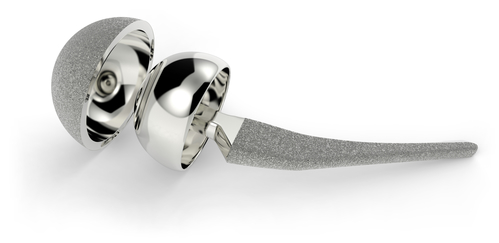According to the United States Census Bureau, the U.S. population will reach a turning point in 2030, when every surviving member of the baby boomer generation will be 65 or older. Seniors will outnumber children for the first time in U.S. history and will make up one-fifth of the American population.
Unsurprisingly, this rise in the geriatric population has coincided with expanded medical technology, including the manufacture and sale of implanted devices. Diagnoses for arthritis and other orthopedic diseases and injuries are predicted to rise as the baby boomer population ages. Meanwhile, implanted devices for orthopedic injuries are already causing complications on a grand scale.
Devices Injure Patients and Add Millions to Medical Bills
Medical devices – often not scrutinized or regulated at the same level as drugs – can cause severe injuries or death when they do not work properly. Most devices are not tested independently, but go through testing that is financed by the device manufacturer, so results are often skewed in their favor. The U.S. Food and Drug Administration (FDA) even has a controversial “fast track” 510(k) program that quickly approves over 3,000 new devices each year because they are similar to old devices. One study has shown that orthopedic devices approved by the 510(k) program instead of the much more comprehensive Premarket Approval (PMA) program are 11.5 percent more likely to be recalled. Yet the FDA currently plans to expand this program.
The approval of these devices means big money for manufacturers, with a global orthopedic market estimated at around $4 billion. The race to get these implants out onto the market is putting profits over patients. These are just some of the stories of defective implants that have injured patients:
Hip Implants: Tissue death, bone erosion and extreme pain are some of the problems caused by the defective DePuy hip implant. In November 2017, six patients were awarded $247 million after a jury found that DePuy parent company Johnson & Johnson lied about the Pinnacle hip implant. In 2013, The New York Times reported that Johnson & Johnson knew an all-metal hip implant would fail within five years in nearly 40 percent of patients who had the surgery.
Shoulder Implants: Zimmer Biomet has recalled three separate shoulder implants since 2010 because of patients who complained of severe pain, infection and permanent loss of shoulder function.
Knee Implants: DePuy was back in the news earlier this year when a man sued after his Attune knee replacement failed, causing severe pain and two follow-up surgeries. This followed a 2017 study by the Journal of Knee Surgery, which found that the Attune knee arthroplasty system experiences an “unusually high” rate of early failure of its tibial components. Patients complained of pain, loss of motion and effusion of body fluids.
Signs and Symptoms of Implant Failure
There are many adverse effects of orthopedic device failure. If you’re worried about a potentially faulty device, here are some signs to look for:
Hip Implant
Pain and/or swelling at the location of the implant
Numbness
Impaired mobility
Loosening of the implant
Fracture in the surrounding areas
Symptoms associated with metal poisoning if your implant is metal-on-metal: Skin rash, cardiomyopathy, sudden neurological or psychological changes, impairment of renal function, thyroid dysfunction
If you have any type of medical device in your body, be sure to check if it has been recalled by the FDA. Finally, if you think that a faulty orthopedic implant has affected you or someone you love, don’t hesitate to consider legal advice. Painful complications, follow-up surgeries and excessive medical bills should not be the price you pay for the mistakes of device makers.
